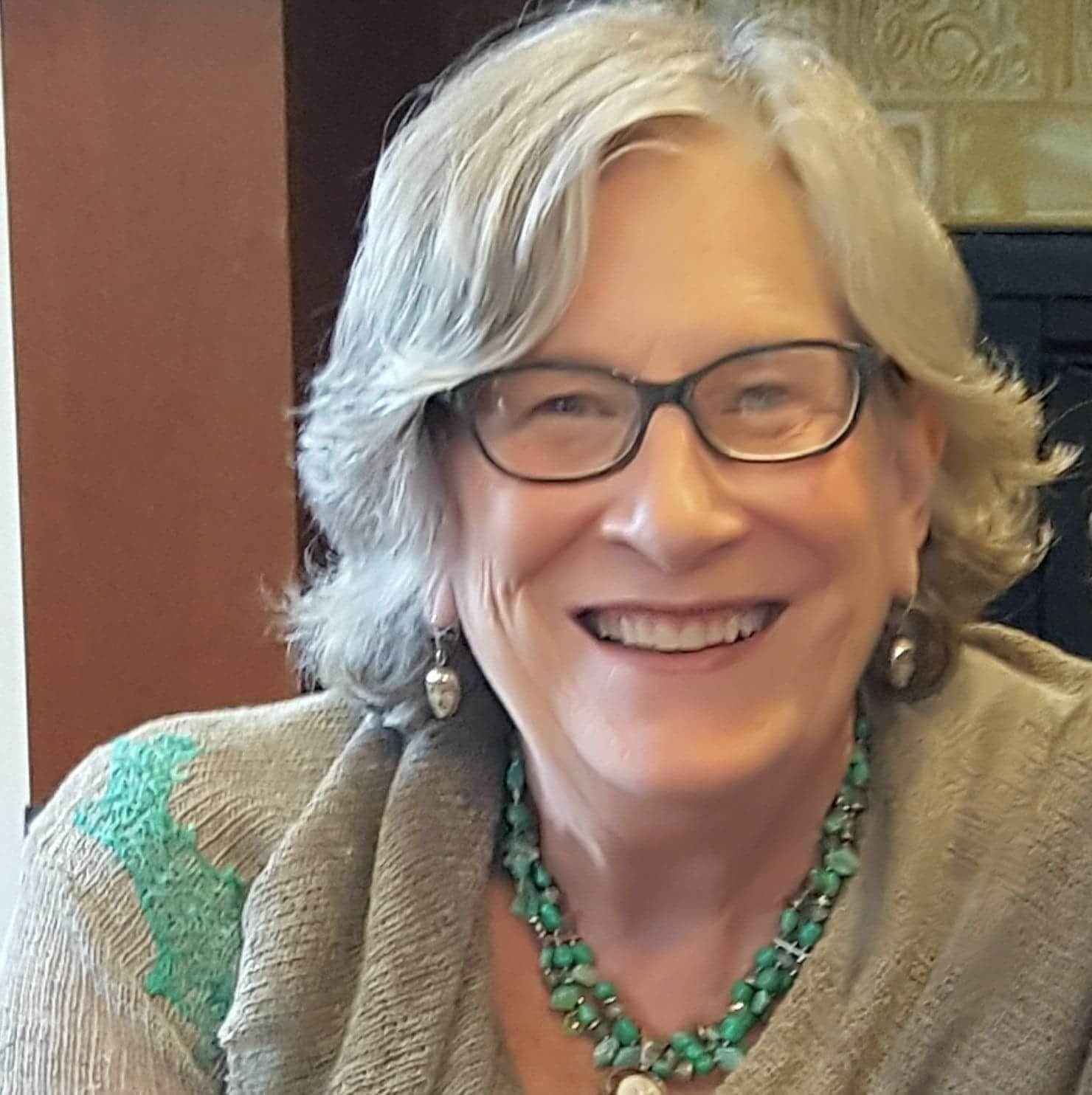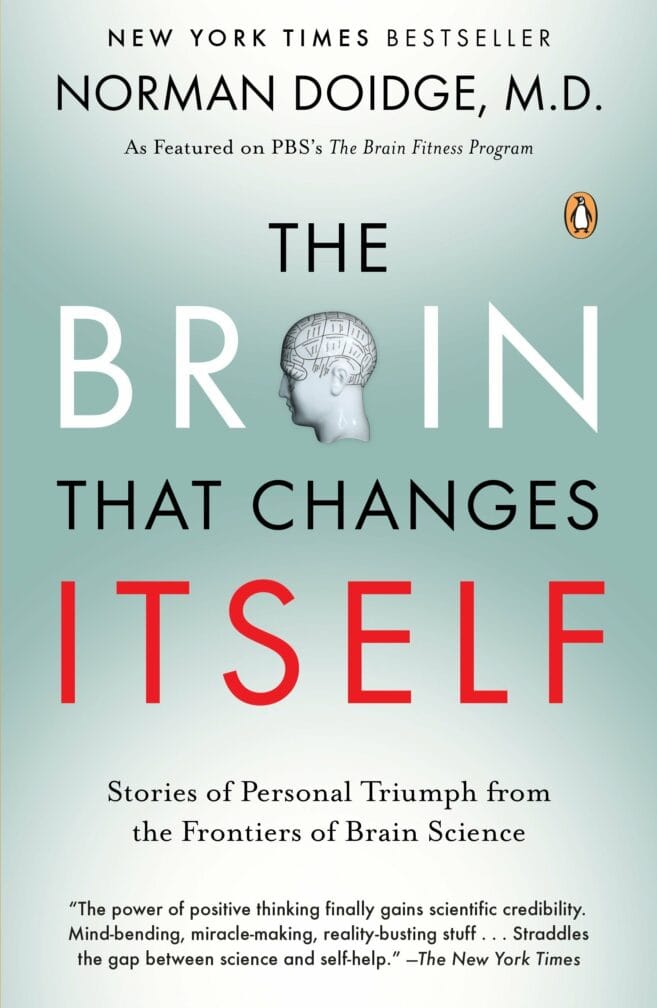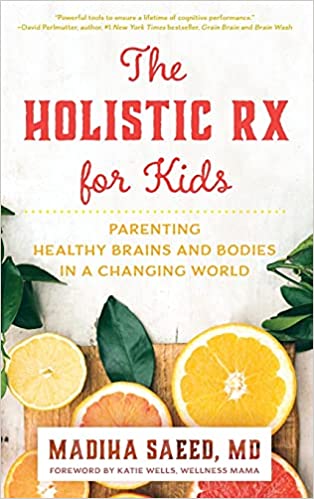In this blog post, Patricia S. Lemer explains why it’s helpful to notice and adapt to changes in our children’s health.
Everything changes: winter to spring, summer to fall, youth to adolescence, health to illness. We expect, accept and adapt naturally to the irreversible cycles of the seasons and to aging. Changes from health to illness and illness to health are not so predictable and irreversible. We can benefit from fine-tuning our responses to these changes.
How people deal with change is the basis for a profound, little book, Who Moved My Cheese?, given to me by my dear friend Diana Henry, OTR. Cheese, a metaphor for what we want in life, is elusive. As I read the book, I saw how its wisdom can help us attain our “cheese” — good health and function for our kids.
Change Happens – Notice It
Health changes appear first in those subtle differences in skin, digestion and behavior. Do those little bumps persist? Is elimination less regular? Are sleep patterns disturbed? In many children these early warning signs are precursors of later developmental delays, including ADD and autism.
How many of us would love to rewind the clock and return to that first year of life when our babies had eczema, thrush, reflux, colic or croup? Instead of using palliative creams, laxatives or antibiotics, we might have searched for possible causes and responded differently. Could we have prevented yeast infections and asthma?
If health means balance in the body’s systems, sickness is an imbalance or disharmony among those systems, manifested by bumps, diarrhea and fitful sleep. Let’s inform new mothers about alternatives that could help avoid later developmental, speech/language and learning delays in their children.
The Body Adapts
Survival depends upon an organism’s capacity to maintain balance or equilibrium. When eczema disappears with the use of a cream, the unaddressed imbalance that caused it goes deeper into the body and effects inner organs.
Thrush, a mild fungal infection in the mouth, can become a systemic yeast infection. A case of mild reflux is often followed by chronic constipation or diarrhea; croup, which is mild, by chronic, incapacitating asthma.
…And So Do We
Change occurs not only with our kids. Without other options, well intentioned families and schools accommodate children’s out-of-balance behavior. They modify the home and school environment, providing structure, support, special education services and therapies of all kinds. In the meantime our children are getting sicker. The disequilibrium is still there; we’re just handling it better.
What if the parents had also changed their children’s diets by removing dairy and wheat products and started them on vitamins, essential fatty acids and other supplements? These important actions could be steps on the road back to balance.
Change Your Philosophy, Change Your Life
Changing one’s philosophy about sickness and health can be life-changing. If you believe that a child’s diagnosis is permanent, then you will adapt and adapt, not look for recovery. If, however, you change that philosophy, then you have hope.
“Get over it,” says Karyn Seroussi to those complaining about how hard the gluten-free casein-free diet is. She did, and look at the miraculous results. I know of another entire family that, inspired by her book, did the diet to support their child with autism. Not only did he improve, but so did his brother with asthma and his mother with endometriosis!
We Must Re-Adapt as Children Get Better
Sometimes we forget how much we’ve adapted the environment and our behavior. Then what needs to happen when our children improve? Yes, we must change again. This realization became very clear to me when I evaluated a child with significant oral motor needs. His occupational therapist had provided him with a “chewy” to help him stay organized during the testing. He entered the room gnawing on it with great relish.
As the testing progressed, he became increasingly focused and the chewy fell out of his mouth. He was so rapt in attention that he didn’t even notice. His mother panicked, however, and admonished him to put it back in. The truth was that he didn’t need it. His chewy was a means to an end. It had done its job, and for a few precious moments, this little boy was focused!
Think about some of the changes for the worse you have observed in your children. Reflect on how you adapted. Are you now in a good position to anticipate changes for the better, and readapt as they occur? I hope so. In the meantime, “Be ready…. they keep moving the cheese!”
About Patricia S. Lemer LPC MEd
Patricia S. Lemer is a licensed professional counselor, holding a Masters of Education in counseling and learning disabilities from Boston College and a Masters in Business from Johns Hopkins University. She practiced as an educational diagnostician for over 40 years.
She was a co-founder and served as Executive Director of the international non-profit organization Developmental Delay Resources (DDR). After DDR merged with Epidemic Answers, she became Chairman of the Board. When she retired from the board, she became an emeritus board member.

She is the author of three books, the most recent of which is Outsmarting Autism, Updated and Expanded: Build Healthy Foundations for Communication, Socialization, and Behavior at All Ages (North Atlantic Books, 2019).
Lemer wrote over 50 editorials for "New Developments," the quarterly newsletter of Developmental Delay Resources (DDR), from 1995 - 2009. When DDR wound down, she wrote an online blog, "After the Diagnosis, Then What?" from 2009-2017. Her articles and blogs have been updated and archived on the Epidemic Answers website.
Since 2019, Patricia Lemer has recorded a bimonthly podcast, "The Autism Detective." In these hour-long shows, she interviews parents and professionals about their experiences in maximizing the potential of individuals on the autism spectrum. Over 100 episodes are available on Spotify and other online platforms. To learn more, go to PatriciaLemer.com and OutsmartingAutism.com
Still Looking for Answers?
Visit the Epidemic Answers Practitioner Directory to find a practitioner near you.
Join us inside our online membership community for parents, Healing Together, where you’ll find even more healing resources, expert guidance, and a community to support you every step of your child’s healing journey.
Resources
Johnson, Spencer. Who Moved My Cheese? G. P. Putnam’s Sons, 1998.




